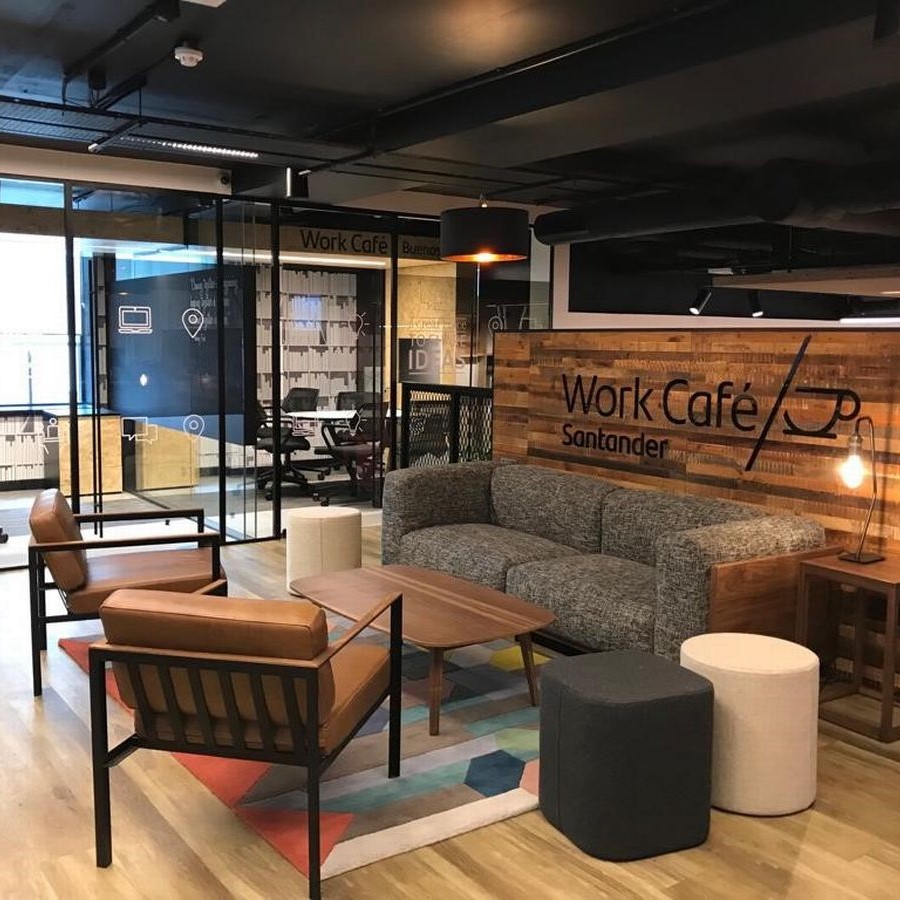To provide the best experiences, we use technologies like cookies to store and/or access device information. Consenting to these technologies will allow us to process data such as browsing behaviour or unique IDs on this site. Not consenting or withdrawing consent, may adversely affect certain features and functions.
The technical storage or access is strictly necessary for the legitimate purpose of enabling the use of a specific service explicitly requested by the subscriber or user, or for the sole purpose of carrying out the transmission of a communication over an electronic communications network.
The technical storage or access is necessary for the legitimate purpose of storing preferences that are not requested by the subscriber or user.
The technical storage or access that is used exclusively for statistical purposes.
The technical storage or access that is used exclusively for anonymous statistical purposes. Without a subpoena, voluntary compliance on the part of your Internet Service Provider, or additional records from a third party, information stored or retrieved for this purpose alone cannot usually be used to identify you.
The technical storage or access is required to create user profiles to send advertising, or to track the user on a website or across several websites for similar marketing purposes.
 Despite ambitious government policies to get a million disabled people into work over the next ten years, the latest ONS data shows a minuscule 5 percent increase since the 2017 goal, which would only see a total of merely 5,800 disabled people in work by 2027 if the pattern continues. In light of the disability employment issue, a new survey of UK SME owners conducted by Bolt Burdon Kemp claims that 95 percent of respondents don’t know the full legal rights of disabled employees. (more…)
Despite ambitious government policies to get a million disabled people into work over the next ten years, the latest ONS data shows a minuscule 5 percent increase since the 2017 goal, which would only see a total of merely 5,800 disabled people in work by 2027 if the pattern continues. In light of the disability employment issue, a new survey of UK SME owners conducted by Bolt Burdon Kemp claims that 95 percent of respondents don’t know the full legal rights of disabled employees. (more…)





































